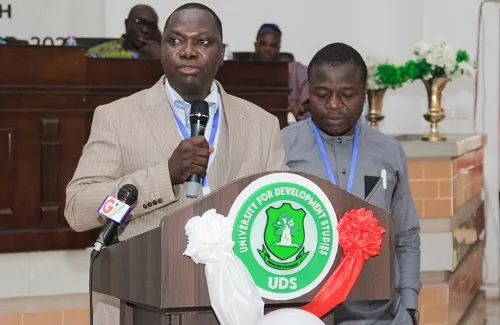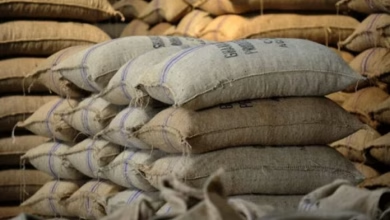UTAG Urges Government to Address Striking University Unions’ Concerns

- Unions strike over unpaid allowances.
- UTAG appeals to government over university strike.
- Government approval unimplemented.
- UTAG seeks swift resolution.
The University Teachers Association of Ghana (UTAG) is urging the government to address the concerns of striking university unions, including the Teachers and Educational Workers Union (TEWU), the Senior Staff Association of Universities of Ghana (SSA-UoG), and the Federation of Senior Staff Association of Ghana (FUSSAG). These unions began their strike on September 16, 2024, due to unresolved issues such as unpaid vehicle maintenance and off-campus allowances.
The strike has been ongoing for several weeks, causing disruptions in academic activities. The Controller and Accountant General’s Department (CAGD) failed to implement these allowances despite receiving approval from the Ministry of Finance in August 2024. This has led to frustration among union members, who feel their concerns are being ignored.
The situation took a turn for the worse when TUSAAG announced a nationwide strike on September 27, 2024, withdrawing all services. This move has further exacerbated the academic disruptions, affecting students and faculty alike.
At the heart of the issue is the government’s failure to meet its obligations under the Collective Bargaining Agreement (CBA) and implement revised allowances for senior public university members. This has led to a breakdown in trust between the government and the unions.
Dr. Mamudu Akudugu, National President of UTAG, emphasized the need for a resolution, stating, “It is a bad situation because COVID-19 somehow disrupted the academic calendar, and we had to work so hard to readjust”. He appealed to the government to find a solution, ensuring teachers can return to their duties.
The strike has significant implications for Ghana’s education sector, particularly after the COVID-19 pandemic’s disruptions. Finding a resolution is crucial to preventing further academic setbacks.
UTAG’s appeal highlights the urgency of addressing these concerns. The government must engage with the unions to find a mutually beneficial solution. By doing so, they can prevent long-term damage to Ghana’s education system.
The academic community is watching closely, hoping for a swift resolution. The strike’s impact on students, faculty, and staff cannot be overstated. A prompt solution will alleviate the uncertainty and frustration felt by all parties involved.
In the words of Dr. Akudugu, “I would appeal to the government to at least find ways of resolving whatever the issues are so that our colleagues can be assured and then come back to continue their work”. This appeal underscores the need for collaborative action.
Ultimately, resolving these issues will require cooperation and commitment from both the government and the unions. By working together, they can find a solution that benefits everyone involved and ensures Ghana’s education sector continues to thrive.






